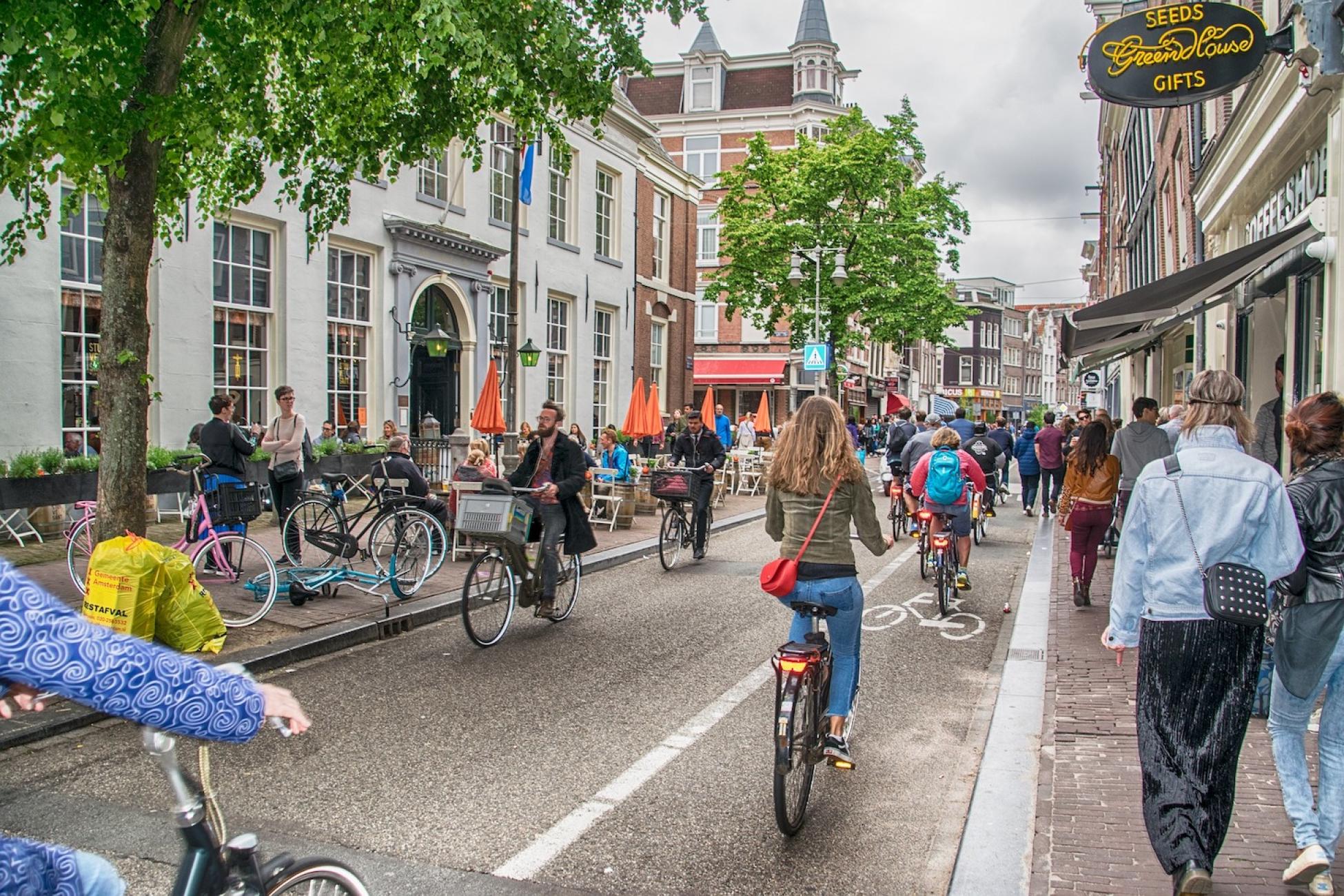Since my bike got stolen last week, I have powered through the seven stages of grief. I am now a true Dutchman, says a friend, having gone through this rite of passage.
I was pushing my luck too far by leaving it out overnight. The bike shed of my building is a dungeon and I prefer the open-air parking facing the Jumbo, a popular supermarket chain, on the lowest floor of my building. I also hadn’t painted it an ugly colour, which is one unconventional trick to prevent it from being stolen. (While Eindhoven is quite cosmopolitan, I stand out amongst the tall Dutchies, even at 5’10”. Okay, that’s an exaggeration. Not all Dutch are tall. The bottom line is I didn’t want to stand out. A low-key personal style, not boisterous or boastful, is generally rewarded in the Netherlands.) The bike wasn’t expensive and I gave myself a week, lest it makes a miraculous reappearance on the streets—a stretch by any imagination in a country where bicycles outnumbered people.
“Do you really need a bike?” a close friend and a long-time resident asked me. After all, I only go to the office once a week and the bus stop is right next to my house. And it’s not that I need to rely on the bicycle for fitness; for that, I prefer running along the canal.
A bike is not simply an object in the Netherlands—it is the national ethos.
How could I explain? A bike is not simply an object in the Netherlands—it is the national ethos. While pedestrians have the right of way in most developed countries, the situation seems different here. Bicyclists reign supreme, and they don’t stop for meek tourists or locals alike. A Taiwanese friend told me when she biked on Taiwan’s streets, she would watch out for cars running her over. Good luck to car drivers in the Netherlands, because bicyclists don’t bat an eyelid. They mean business rain or shine, and they move as they will, with their own traffic lights. Compared to American muscle cars, most city cars had to be puny to coexist with cyclists. This is especially true on the fietsstraats (bike streets), where cars drive as “guests.”
On a free walking tour of Amsterdam, my guide said that he detested his mother for using him every morning as a human shield against the cold wind during the ride to school. I could totally imagine a foreign dignitary visiting The Hague and getting a bicycle as a present from the Dutch King, Willem-Alexander. A Dutch friend jokes that bikes are even a great medium to check out women.
Looking beyond bikes, Eindhoven is well-connected to the Netherlands by an extensive network of trains, buses and cheap flights to the rest of Europe. Heck, you can get a non-stop return flight from Eindhoven to Milan, London or Barcelona for €10, €15 or €20, respectively. With neighbouring Germany’s high-speed InterCity Express (ICE), you can easily travel from Amsterdam to multiple German and Swiss destinations. Similarly, you can visit numerous French cities with France’s high-speed TGV rail service.
Notwithstanding, until more European experience comes in due course, I still consider Japan the crème de la crème of modern public transportation. The massive United States was built for the roads, so it’ll be a while before the Amtraks and Greyhounds take over.
Add this article to your reading list




